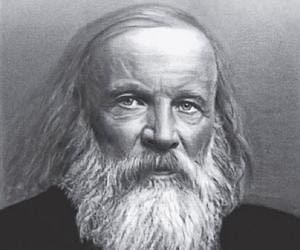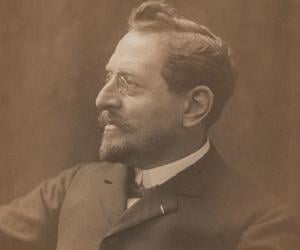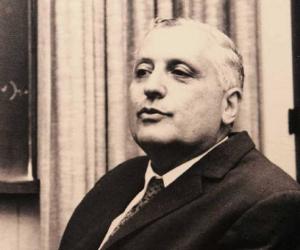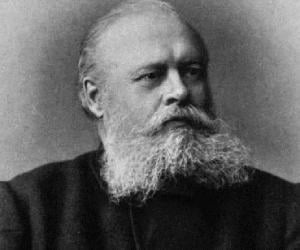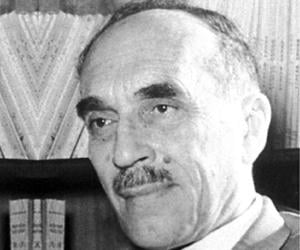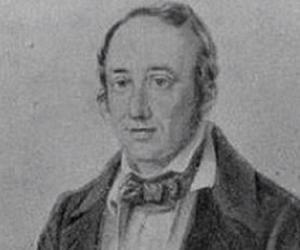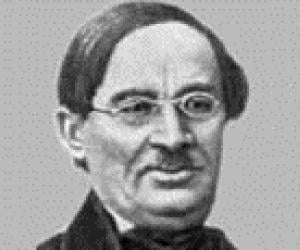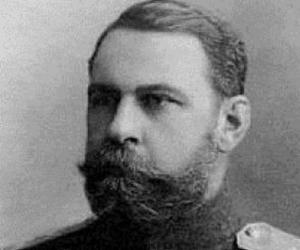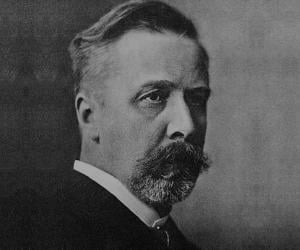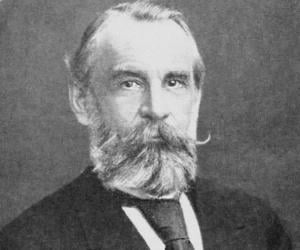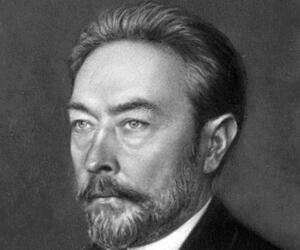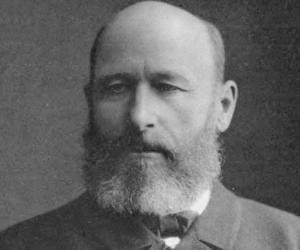1
Dmitri Mendeleev
(Inventor of Periodic Table)
Birthdate: February 8, 1834
Sun Sign: Aquarius
Birthplace: Tobolsk
Died: February 2, 1907
Dmitri Mendeleev was a Russian chemist and inventor known for formulating the Periodic Law and creating a version of the periodic table of elements. He corrected properties of known elements such as uranium's valence and atomic weight using the Periodic Law. Mendeleev also successfully predicted the properties of three yet-to-be-discovered elements: germanium, gallium, and scandium. His contributions to chemistry revolutionized the field and laid the foundation for modern periodic tables and our understanding of the elements.
